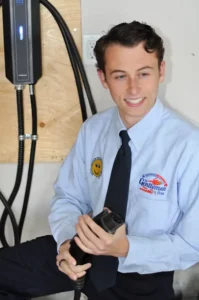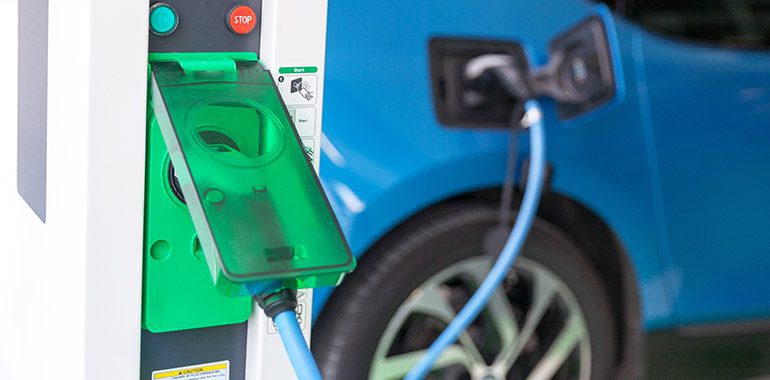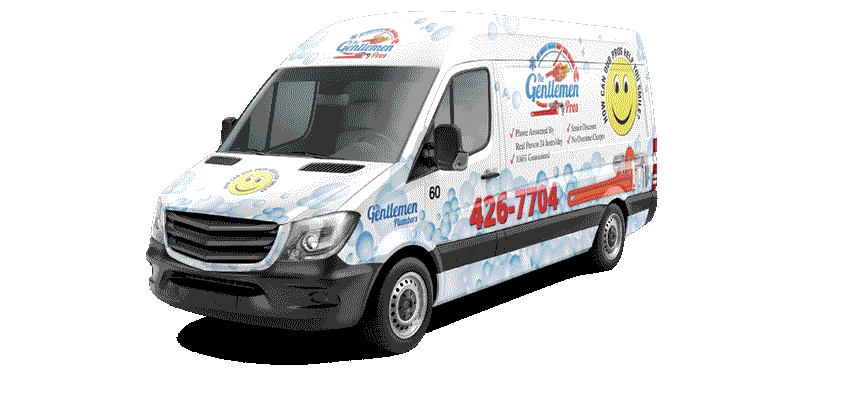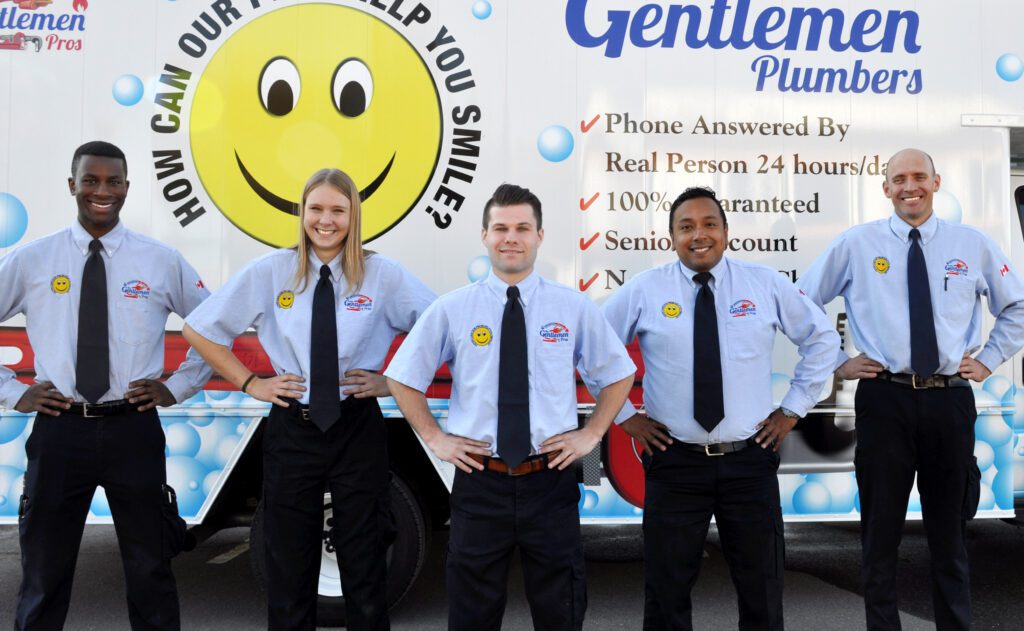
Same Day Service
Since 2001
Call The Gentleman Pros Now!
(403) 879-1759

With the entire market moving towards green technology, installing an Electric Vehicle Charging system is important if you have an electric vehicle, or if you are adding investment to the value of your home.
“Ronald was here to do a quote for electrical work. Was very thorough and explained every step by step. Very friendly and polite. Very professional.” Bertha E

Electric vehicle sales are increasing in Canada and around the world. In 2021, 86,032 electric vehicles were registered in Canada.
You have joined the ranks and purchased an electric vehicle and now want a home EV charger.
Our licensed electricians have the knowledge and expertise to properly and safely install your EV charger. They know all the potential pitfalls that come with installing a home EV charging station. Even better, they know how to avoid or solve all potential issues.
We want this to be as stress-free as possible for you, so we will apply for any required electrical permits with the City and arrange for any inspections.
To further ease your stress, we guarantee our work. We will do the work to all local, provincial, and federal codes and regulations. If not, we will refund you your money.
In addition, all our electricians have been checked for criminal records and are bonded, insured, and licensed for your and your family’s comfort and safety.
Are you ready for a home EV charging station? Then call us at (403) 879-1759, select the Chat With Us icon at the bottom of the page, or complete our online contact form.
We look forward to hearing from you.
There are many manufacturers of electric vehicle chargers who make many different models. However, there are only three types of chargers for electric vehicles: Level 1, Level 2, and Level 3 chargers.
When you purchase your charger it is important you get one that is safety-certified and we recommend you have an electrician install it. In fact, in some regions, it may be a requirement that a licensed electrician installs your charger.
All electric vehicles and plug-in hybrids come standard with a Level 1 charger. It is a portable cord that connects to your vehicle and then plugs into any standard household 120 V outlet. The vast majority of your home’s outlets are 120 V.
It supplies alternating current (AC) electricity to your car. However, your vehicle’s batteries need direct current (DC) to charge. The AC is changed to DC by a small converter in your electric vehicle.
It is the slowest of the three levels of charges. In essence, it is a trickle charger. But the upside is you will always have a way to charge your vehicle no matter where you are.
Level 2 charging is done through EV charging stations. Many electric vehicle owners have them installed at their homes and they can also be found in malls, parkades, and other public areas. It is the most common way to charge an electric vehicle.
Like Level 1 chargers, Level 2 chargers supply AC electricity. The vehicle’s onboard converter changes the AC to DC so it can charge the batteries.
The majority of electric cars, plug-in hybrids, and Level 2 charging stations in North America use the same plug standard. So most electric cars or plug-in hybrids can use any Level 2 charging station in Canada or the United States.
The only exception is Tesla. They have a proprietary Level 2 charger and connector (plug). However, Tesla vehicles can charge using non-Tesla chargers using an adaptor and non-Tesla vehicles can charge with Tesla chargers also using an adaptor.
Before installing your new EV charging station it is important to find out if your home can handle the extra demand for electricity. If it cannot, you will need to upgrade your service, install a load management system (energy management system), or buy a less powerful charger.
Another area to look at is your electrical panel. If your charging station needs to be on a dedicated circuit, you will need to add a new circuit breaker to your panel. You need to make sure your panel has enough room for the new breaker.
Your electrician can help you with both these issues.
Level 3 chargers are also called DC (direct current) fast chargers and are the ones most commonly found at businesses like gas stations. They charge the fastest but they also draw a significant amount of power. Level 3 chargers can be stand-alone with their own metering and utility connection or connected to existing sites.
Level 3 chargers are the fastest due to how they convert the AC from the grid into the DC needed for the batteries. Level 1 and Level 2 chargers supply AC to the vehicle and a small onboard charger converts the AC to DC. The small onboard charger limits the maximum power output of a Level 1 or Level 2 charger.
Level 3 charges convert AC to DC inside the charging station itself. Charging stations have room for larger converters which can convert the power and deliver it much more quickly than Level 1 and Level 2 chargers.
There are three types of fast-charging connectors and they cannot be used interchangeably. More information on connectors can be found here.

Quick info on charging stations:
Choosing a professional electrician to install your EV charging station will ensure it’s installed safely, properly and up to electrical code and inspected by the City’s electrical inspectors. There are many brands of charging stations to choose from and we will help you make the right choice for your vehicle or future vehicle.
Options for Car chargers in Calgary include:



